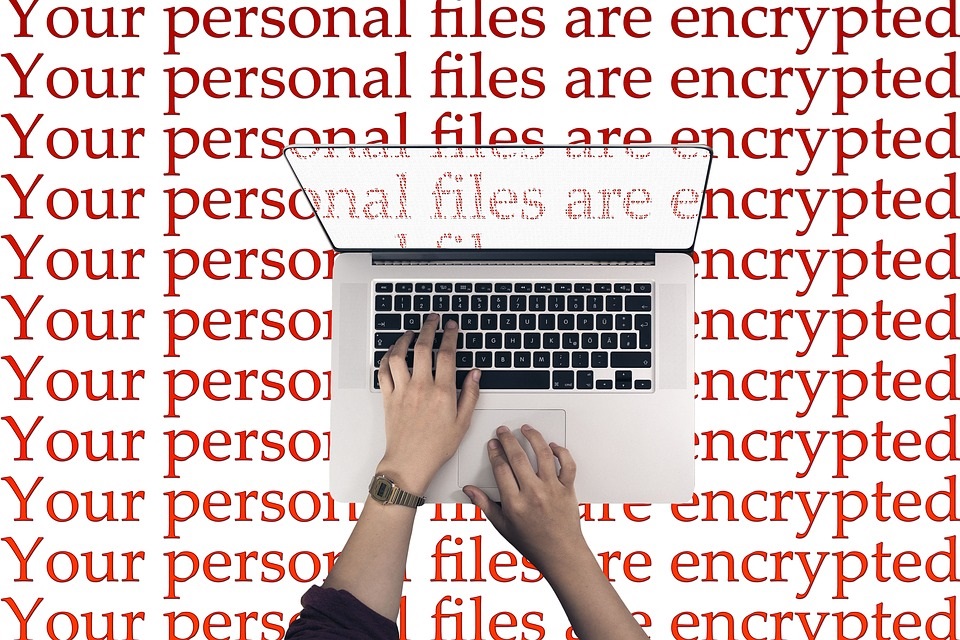Encrypted messages undergo a transformation process, or encryption, that renders the original content unreadable to anyone except the intended recipient. Here are the key characteristics of encrypted messages:
- Encryption guarantees the confidentiality of your messages. It ensures that sensitive information, personal conversations, and private thoughts remain known only to the intended recipient, protecting your privacy and deterring third-party data exploitation.
- Encryption safeguards your messages from cyber attacks, malware infections, and phishing attempts. Adding this layer of protection significantly increases the difficulty for malicious actors attempting to compromise your devices, networks, and personal information.
- Encryption acts as a check on government surveillance powers. It ensures that monitoring your messages is authorized, necessary, and proportionate, protecting your civil liberties and freedom of expression.
- With encryption, you gain peace of mind, knowing your messages are confidential. This confidence encourages open and honest communication, fostering deeper connections and enhancing the user experience.
Unencrypted messages
Unencrypted messages, in contrast, are transmitted and stored in plaintext, making them vulnerable to interception. Here are the key characteristics of unencrypted messages:
- Unencrypted messages are like postcards that anyone can read during transit. They lack the protection of encryption, exposing your personal information, conversations, and data to unauthorized access and misuse.
- Without encryption, your messages and personal data are monetized by third parties, such as advertisers or data brokers, often without your knowledge or consent. Your preferences, behaviours, and activities are analyzed and used for targeted advertising or sold to the highest bidder.
- Unencrypted messages are an inviting target for cybercriminals. They exploit weaknesses in unsecured messaging systems to distribute malware, attempt phishing attacks, or steal your credentials, jeopardizing your digital security and privacy.
- Unencrypted messages offer no protection for sensitive information. Whether personal details, financial data, or proprietary business information, the lack of encryption exposes this data to unauthorized access and potential misuse. Click here if you would like to know More about the author.
Protecting yourself with encryption
Ensuring the security of your messages is essential for safeguarding your privacy and digital well-being. Here’s how you can protect yourself:
- Enable full-disk encryption on your computers and mobile devices. Most modern operating systems provide built-in encryption tools to protect your data in case your device is lost or stolen.
- Email is often unencrypted and vulnerable. Switch to email providers that offer end-to-end encryption to ensure your messages remain confidential.
- Utilize a VPN to secure internet traffic, particularly when connected to unsecured public Wi-Fi networks. This practice prevents third parties from intercepting your data and concealing your online activities.
The distinctions between encrypted and unencrypted messages underscore the crucial importance of encryption in protecting our digital presence. By adopting encrypted messaging services, we protect our privacy and data security. Encryption plays a vital role in the ongoing struggle for online privacy. By embracing encrypted messages, you assert your right to confidentiality, deter unauthorized access, and foster a culture of cybersecurity awareness.


